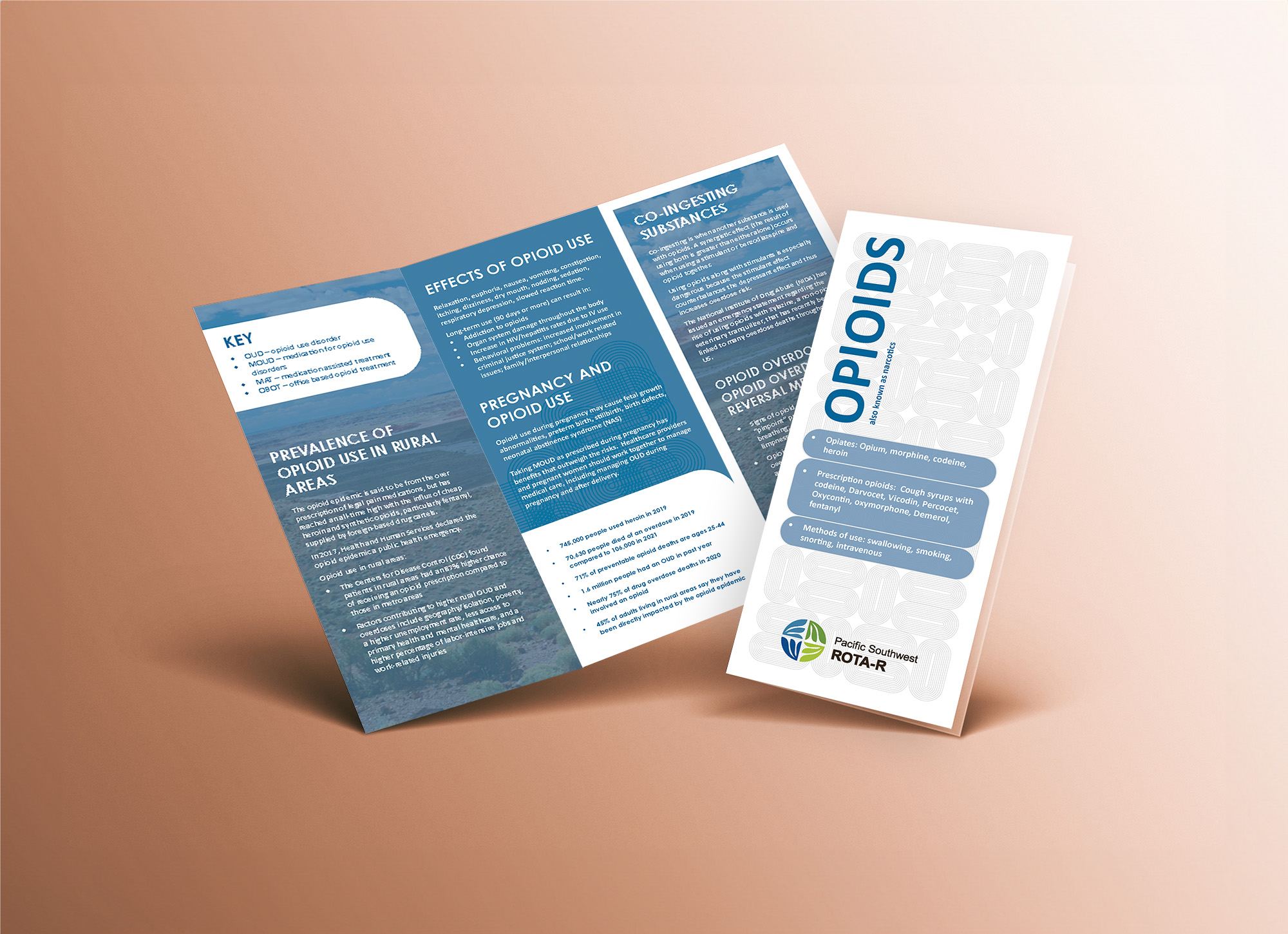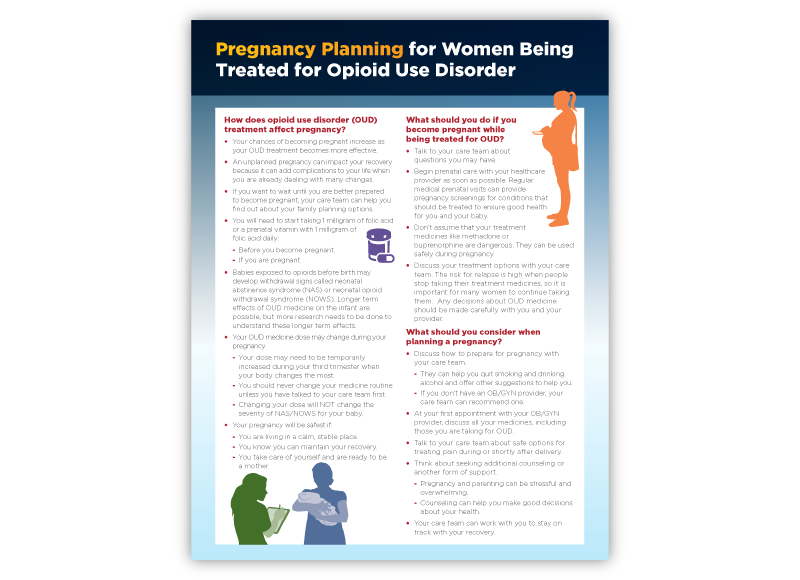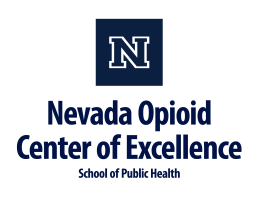Websites
More resources will be added soon, please check back.
Tools & Resources
Perinatal Health Media Toolkit
To help with patient substance misuse and dependency screening and referral, two Perinatal Health Reference Guides have been developed and are available for Medical professionals to aid in this effort. To raise awareness of these resources and the use of Screening, Brief Intervention and Referral to Treatment (SBIRT), we have launched the Media Toolkit: #PerinatalHealthSBIRT
Publications
Opioid Use and Opioid Use Disorder in Pregnancy: A Joint Opinion of the ACOG’s Committee on Obstetric Practice and ASAM
The Society of Maternal–Fetal Medicine endorses this document. This Committee Opinion was developed by the American College of Obstetricians and Gynecologists’ Committee on Obstetric Practice in collaboration with committee members Maria A. Mascola, MD, MPH; Ann E. Borders, MD, MSc, MPH; and the American Society of Addiction Medicine member Mishka Terplan, MD, MPH.
Reference Guide for Labor and Delivery Complicated By Substance Use
(Revised April 2021) Substance misuse, dependency, and substance use disorders (SUDs), including opioid use disorder (OUD), are prevalent among Nevada adult populations, including among individuals of reproductive age. Subsequently, OUD also occurs during pregnancy at an alarming rate with far reaching effects on both the parent and infant. SUD is a primary chronic disease similar to diabetes and hypertension, not a moral failure or character weakness, and should be treated as such by the medical professionals who care for pregnant patients and their infants. Currently, pregnant patients with SUD who present to Labor & Delivery (L&D) units, may receive significant variation in services. These differences include identification and treatment of SUD, identification and treatment for the infant(s), reproductive planning, and care coordination. Practice variance without the use of common generally accepted expert guidelines may potentially lead to parental and/or neonatal complications before, during, and/or after delivery. This reference guide aims to address some of these variances and provide a resource with best practices, guidelines, and protocols for medical professionals involved in the care of pregnant patients with OUD who are admitted to L&D units for delivery and their infants up until discharge.
Reference Guide for Reproductive Health Complicated by Substance Use
(Revised April 2021) Substance misuse, dependency, and substance use disorders (SUDs), including opioid use disorders (OUDs) are common among Nevada adult populations. These issues are also occurring during pregnancy at an alarming rate with far reaching effects on both mother and infant. To date, the single best strategy we have to identify and help those that want assistance is adding screening and referral to treatment, known as Screening, Brief Intervention and Referral to Treatment (SBIRT), into the clinical setting. Medical professionals are often the first line to aid in this effort. Note that this document uses the term “medical professional” to be inclusive of doctors and advanced practitioners. The intention for this guide is to provide basic directives for successfully implementing Screening, Brief Intervention and Referral to Treatment (SBIRT), into the clinical setting. SBIRT, specifically how to apply it to pregnant and non-pregnant persons of reproductive age populations.
Posters & Infographics

Opioid Trifold Brochures
Opioid Information Brochures for Providers or Consumers help educate on opioids and opioid use, including effects of opioid use, pregnancy and opioid use, medications for opioid use including opioid overdose reversal medications, and treatment options for persons using opioids.
Download or request free hard copies

Pregnancy Planning for Women Treated for Opioid Use Disorder
This fact sheet is for women who are pregnant or of childbearing age with an opioid use disorder.
View the SAMHSA Fact Sheet
Webinars & Online Learning
Current News & Research
More resources will be added soon, please check back.
